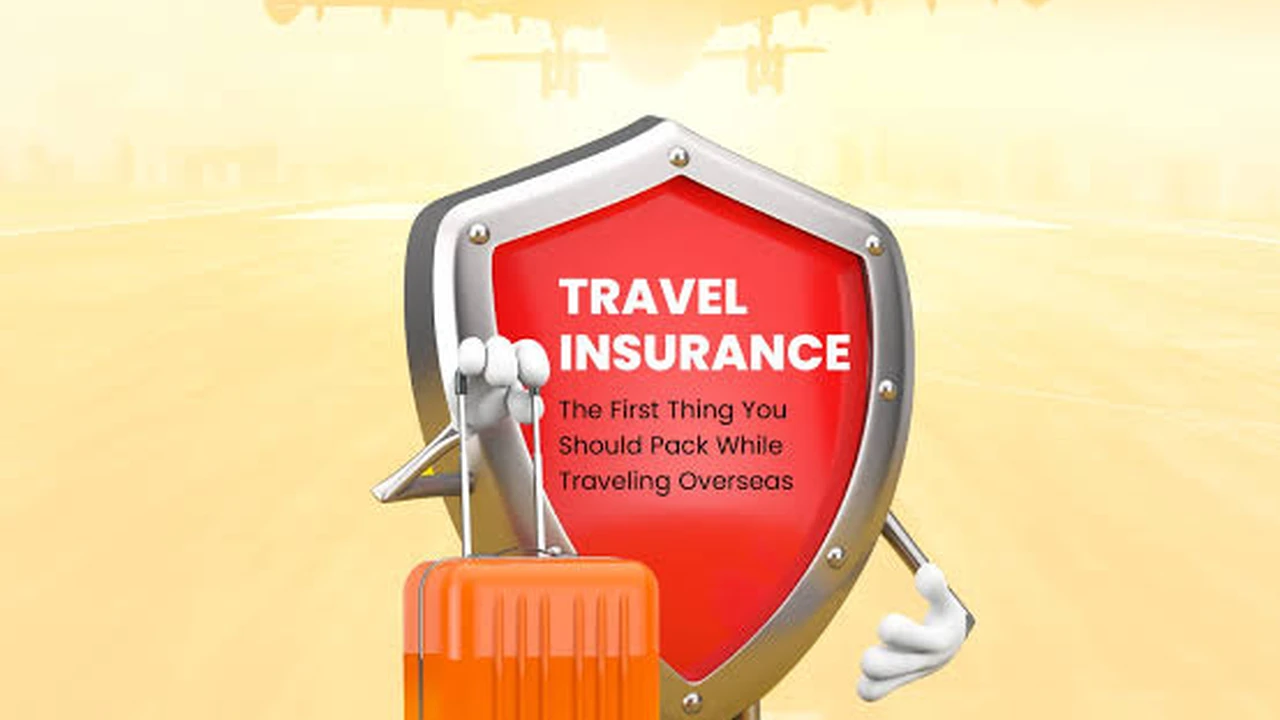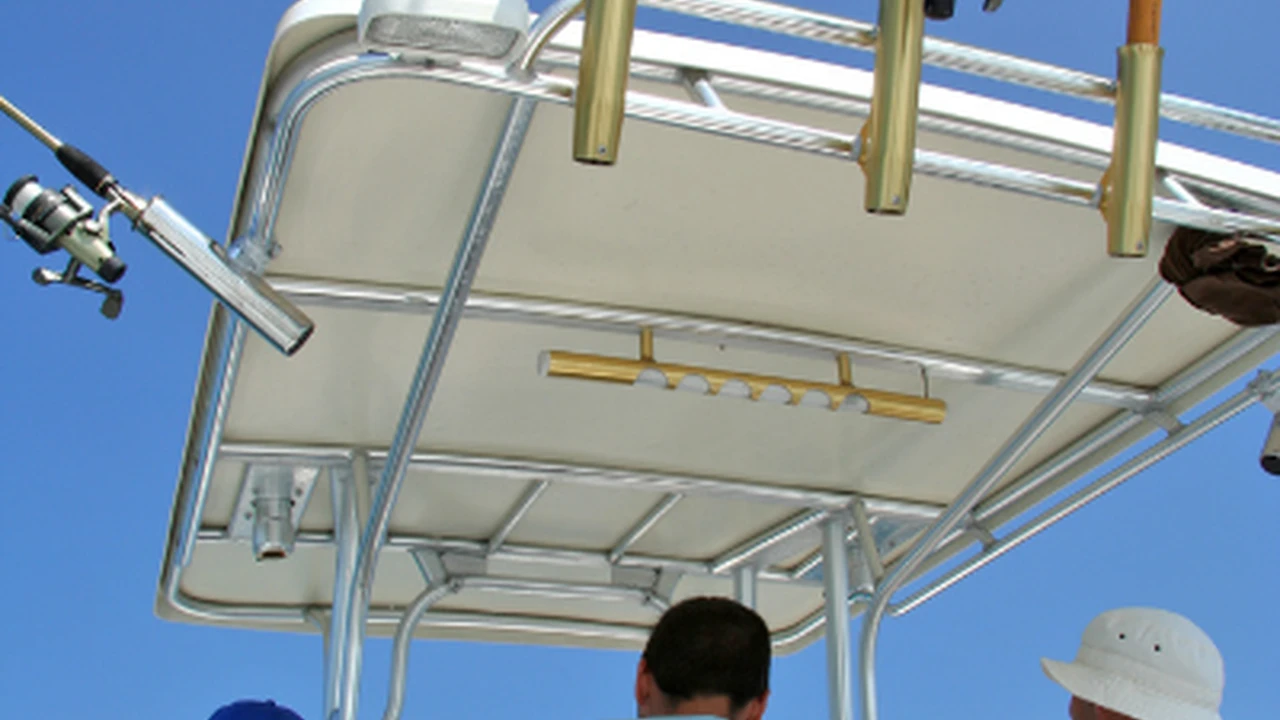How Travel Insurance Protects Your Trip Investment
Navigate the complexities of senior travel insurance. Understand policy types, coverage options, and pre-existing condition clauses. This guide helps US seniors find the best protection for their travels.

Understanding the Basics of Trip Investment Protection with Travel Insurance
So, you've booked your dream vacation! Flights, hotels, tours – it all adds up. But what happens if something goes wrong? That's where travel insurance comes in. Think of it as a safety net for your trip investment. It's designed to reimburse you for prepaid, non-refundable expenses if you have to cancel or interrupt your trip due to covered reasons.
Trip Cancellation Coverage: Protecting Your Pre-Departure Investment
Life happens. A sudden illness, a family emergency, or even a hurricane can force you to cancel your trip before it even begins. Trip cancellation coverage can reimburse you for those non-refundable costs, like flights, hotel reservations, and tour deposits. Check your policy details, but generally, covered reasons include:
- Unexpected illness or injury to you, a traveling companion, or a family member
- Death of you, a traveling companion, or a family member
- Natural disasters
- Terrorist incidents
- Unforeseen job loss
It's important to note that not all reasons are covered. "I just don't feel like going anymore" isn't usually a valid reason for a claim. Cancel For Any Reason (CFAR) coverage exists, but it's more expensive and typically only reimburses a percentage of your trip cost (usually 50-75%).
Trip Interruption Coverage: Safeguarding Your Investment Mid-Trip
Sometimes, problems arise while you're already on your trip. Maybe you break your leg skiing, or a family member back home requires immediate care. Trip interruption coverage can help you get home and reimburse you for the unused portion of your trip, as well as any additional expenses incurred (like a last-minute flight home). Similar to trip cancellation, covered reasons usually include illness, injury, death, natural disasters, and other unforeseen events.
Trip Delay Coverage: Reimbursing Expenses Due to Travel Disruptions
Flights get delayed, connections get missed, and baggage gets lost. These are all common travel headaches. Trip delay coverage can reimburse you for reasonable expenses incurred due to a covered delay, such as meals, accommodation, and transportation. Most policies have a minimum delay requirement (e.g., 6 hours) before coverage kicks in. Keep all your receipts!
Baggage Loss and Delay: Protecting Your Belongings and Trip Investment
Losing your luggage is a traveler's worst nightmare. Baggage loss coverage can reimburse you for the value of your lost or stolen belongings, up to the policy limit. Baggage delay coverage can reimburse you for essential items (like toiletries and a change of clothes) if your luggage is delayed for a certain period of time.
Medical Expense Coverage: Protecting Your Health and Finances Abroad
Medical emergencies can be incredibly expensive, especially overseas. Your domestic health insurance may not cover you abroad, or it may have very limited coverage. Travel insurance with medical expense coverage can pay for doctor visits, hospital stays, prescription medications, and even emergency medical evacuation. This is arguably the most important aspect of travel insurance for seniors.
Emergency Medical Evacuation: A Critical Component of Protecting Your Trip Investment
If you experience a serious medical emergency in a remote location, you may need to be evacuated to a hospital that can provide adequate care. Emergency medical evacuation can cost tens of thousands of dollars (or even hundreds of thousands!), and it's typically not covered by standard health insurance. Travel insurance with this coverage is essential, especially for adventurous seniors.
Specific Travel Insurance Products for Seniors: Comparing Options and Prices
Okay, let's look at some specific travel insurance products that are popular among seniors. Keep in mind that prices vary depending on your age, destination, trip length, and coverage needs. It's always best to get quotes from multiple providers.
Allianz Travel Insurance: A Popular Choice for Comprehensive Coverage
Allianz is a well-known and reputable travel insurance provider. They offer a variety of plans with different levels of coverage. Their *Allianz Global Assistance* plans are popular for their comprehensive coverage, including trip cancellation, trip interruption, medical expenses, and emergency medical evacuation. They also offer 24/7 assistance services. A policy for a 70-year-old traveling to Europe for two weeks could cost around $200-$400, depending on the plan and coverage limits.
- **Pros:** Strong reputation, comprehensive coverage options, 24/7 assistance.
- **Cons:** Can be more expensive than some other providers.
- **Best for:** Seniors seeking peace of mind with comprehensive coverage.
World Nomads Travel Insurance: Ideal for Active and Adventure-Seeking Seniors
World Nomads is a popular choice for adventurous travelers, including seniors who enjoy activities like hiking, skiing, and scuba diving. Their policies offer coverage for these activities, which may be excluded by other providers. They also offer flexible coverage options, allowing you to customize your plan to your specific needs. A policy for a 70-year-old traveling to Costa Rica for two weeks could cost around $150-$300, depending on the plan and coverage limits.
- **Pros:** Coverage for adventure activities, flexible coverage options, good for longer trips.
- **Cons:** May not be the cheapest option, may not be suitable for travelers with significant pre-existing conditions.
- **Best for:** Active seniors seeking coverage for adventure activities.
Travel Guard Travel Insurance: A Solid Option with Customizable Plans
Travel Guard offers a range of travel insurance plans with customizable options. You can choose the coverage that's right for you and your budget. They also offer a 24/7 travel assistance hotline. A policy for a 70-year-old traveling to Canada for one week could cost around $100-$250, depending on the plan and coverage limits.
- **Pros:** Customizable plans, 24/7 travel assistance, good customer service.
- **Cons:** May not be as well-known as some other providers.
- **Best for:** Seniors seeking customizable coverage options and good customer service.
InsureMyTrip and Squaremouth: Comparison Websites for Finding the Best Deals
InsureMyTrip and Squaremouth are travel insurance comparison websites. They allow you to compare quotes from multiple providers side-by-side. This can be a great way to find the best deals and the right coverage for your needs. Simply enter your trip details and personal information, and they will generate a list of quotes from various providers.
- **Pros:** Easy to compare quotes from multiple providers, saves time and effort.
- **Cons:** Can be overwhelming with so many options, it's important to read the policy details carefully.
- **Best for:** Seniors who want to compare quotes from multiple providers quickly and easily.
Understanding Policy Limits and Deductibles: Maximizing Your Trip Investment Protection
It's crucial to understand the policy limits and deductibles of your travel insurance plan. The policy limit is the maximum amount the insurance company will pay for a covered claim. The deductible is the amount you have to pay out-of-pocket before the insurance company starts paying. Generally, policies with higher limits and lower deductibles will be more expensive.
Consider your risk tolerance and your budget when choosing policy limits and deductibles. If you're concerned about potential large medical expenses, you may want to choose a policy with a high medical expense limit, even if it means paying a higher premium.
Reading the Fine Print: A Crucial Step to Protecting Your Trip Investment
Always read the fine print of your travel insurance policy before you buy it. Understand the policy terms, conditions, and exclusions. Pay attention to the following:
- What's covered and what's not covered
- Policy limits and deductibles
- Pre-existing condition exclusions
- Activities that are excluded (e.g., extreme sports)
- The claims process
Making a Claim: How to Get Reimbursed for Your Trip Investment Losses
If you need to file a claim, follow the instructions provided by your insurance company. Generally, you'll need to provide documentation to support your claim, such as receipts, medical records, and police reports. Be sure to file your claim as soon as possible after the incident occurs.
Protecting Your Trip Investment: Peace of Mind for Your Senior Travels
Travel insurance is an investment in your peace of mind. It can protect you from financial losses due to unexpected events, allowing you to relax and enjoy your trip. Don't leave home without it!
:max_bytes(150000):strip_icc()/277019-baked-pork-chops-with-cream-of-mushroom-soup-DDMFS-beauty-4x3-BG-7505-5762b731cf30447d9cbbbbbf387beafa.jpg)






